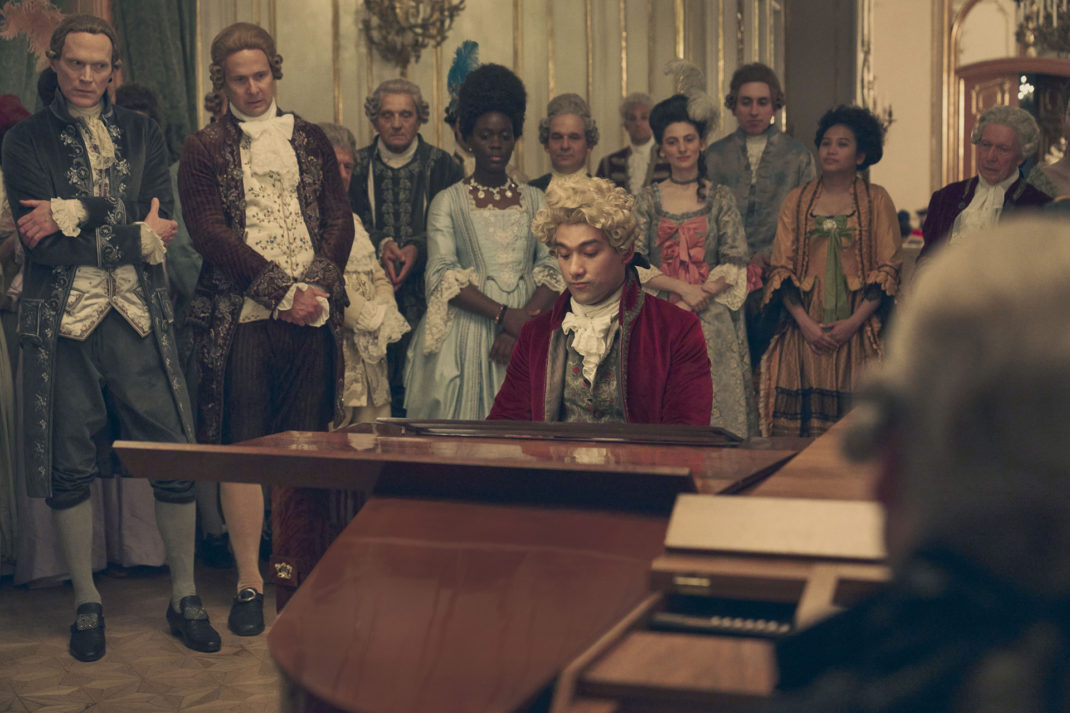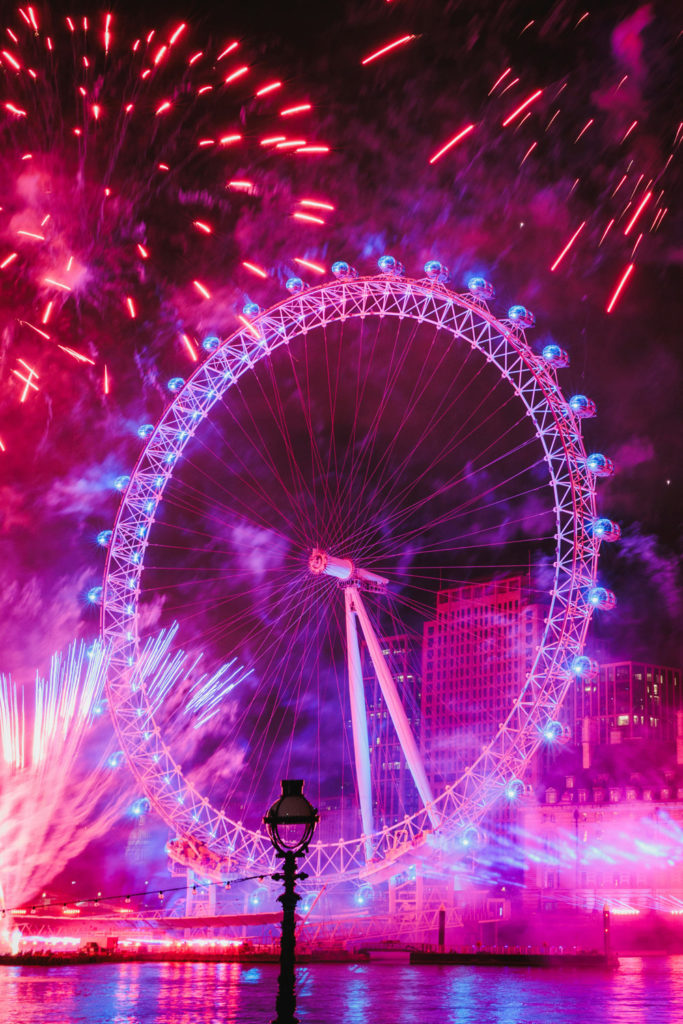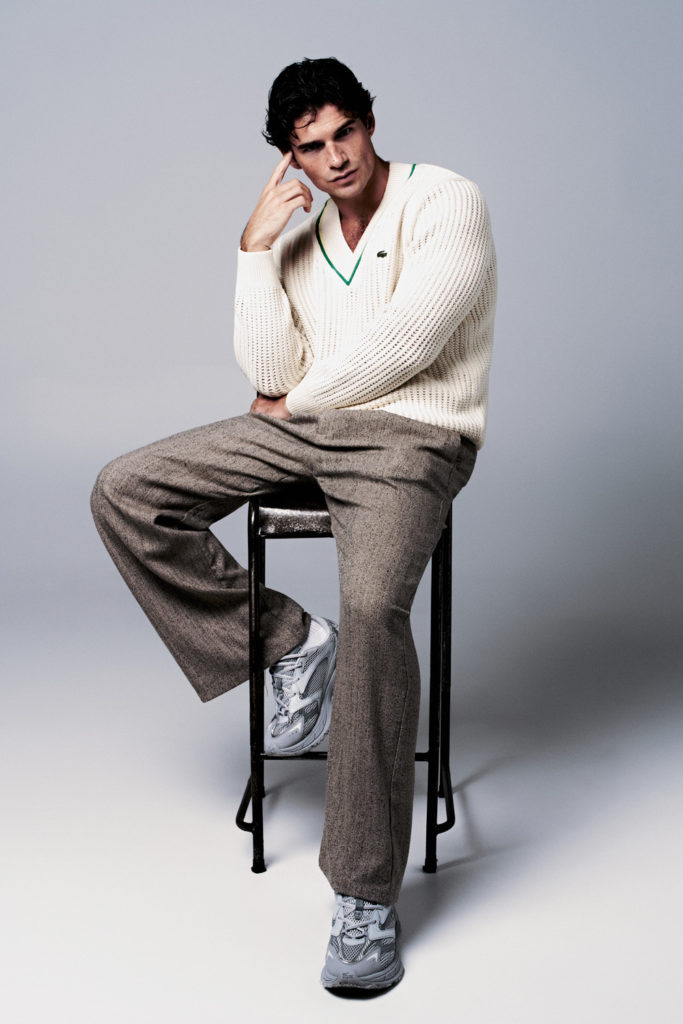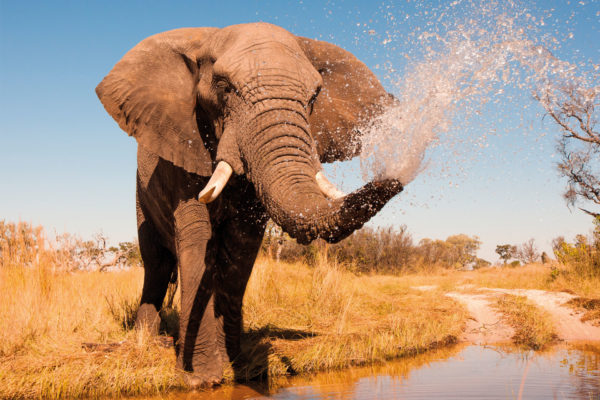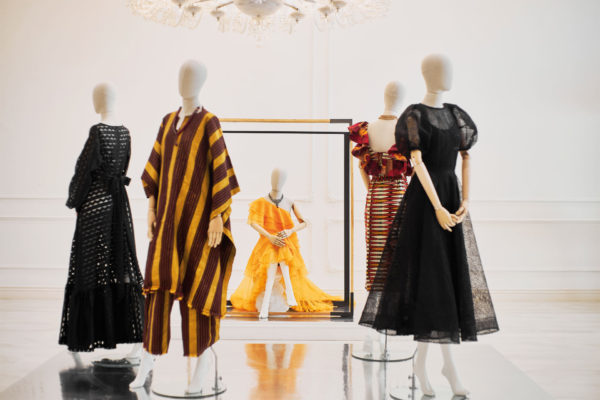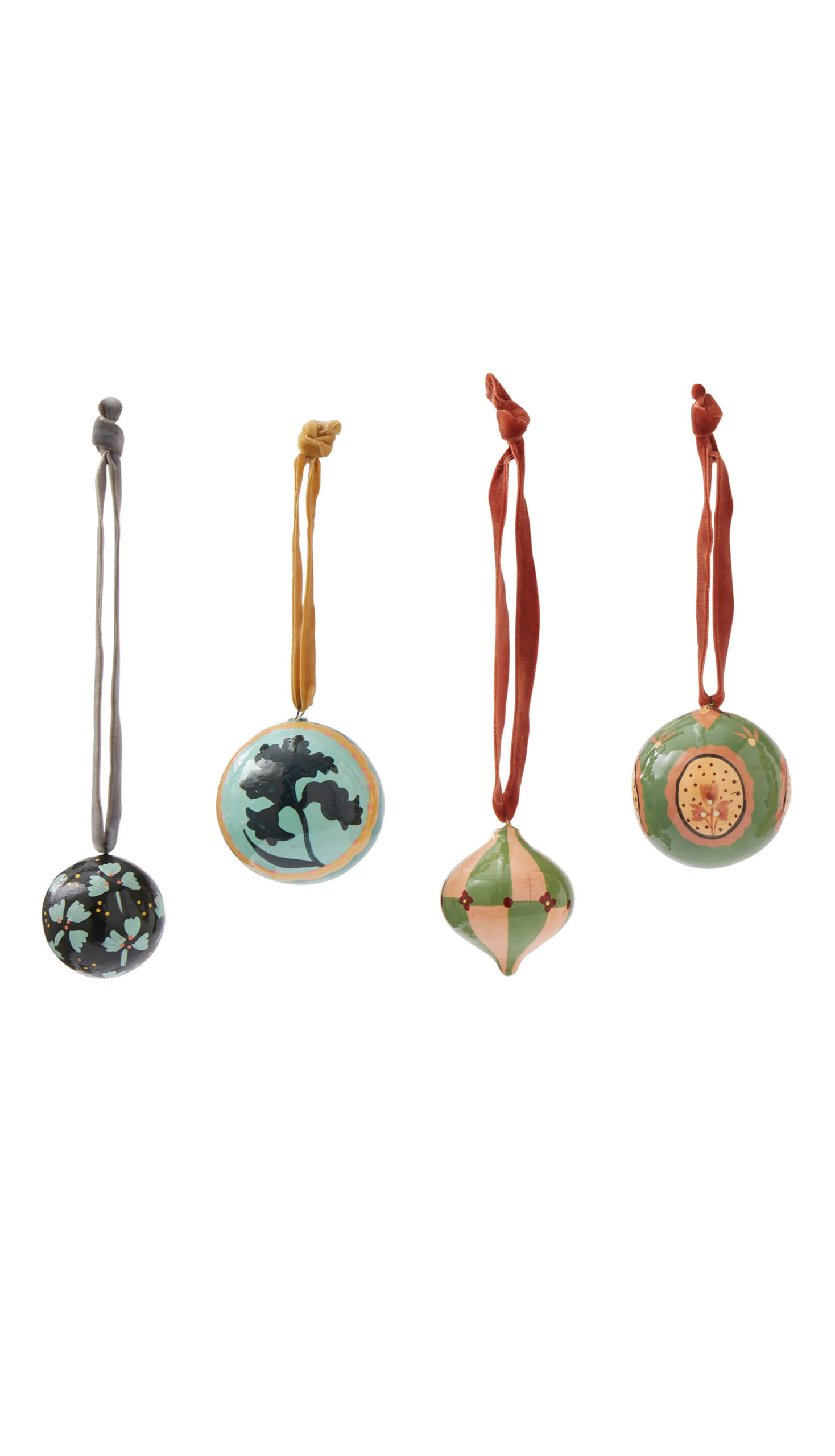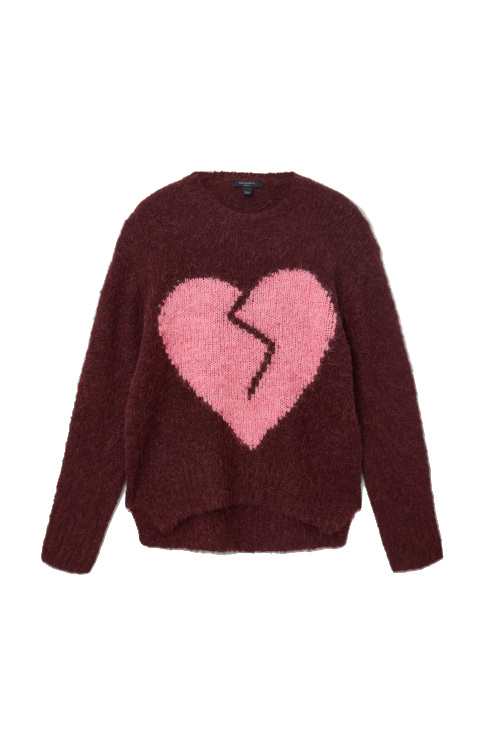
Meet The Woman Propelling Nigeria Forward: Ure Utah
By
2 years ago
Founder of Bridge Synergy
Ure Utah is the founder of Bridge Synergy and technical adviser to the Nigerian Honourable Minister of innovation, science and technology on development finance institutions (DFIs) and international partnerships. Her work aims to push Nigeria forwards on the international stage with sustainable development in mind. C&TH sat down with her after her appearance at Twiga Worldly Women in London in March.
Interview: Ure Utah
Tell me about what you do – what is Bridge Synergy?
Bridge Synergy is a company that aims to propel Nigeria onto the international stage through sustainable development. It’s named for me – through experiences I had abroad, I saw a lot could come from the right partnerships, and I consider myself a bridge. Synergy is the act of bringing two parties together for the same goal. That’s how the name was formed.
Let’s go back a bit in time. You’re Nigerian, but you grew up in the US, is that right?
My childhood was a tale of two continents. I was born in the US, but raised in Nigeria. I moved back to the US around the age of ten to Potomac, just outside of Washington DC, where I attended a Christian school. My mum raised four of us at home, while my father remained in Nigeria, building the family business.
Talk to me about that kind of childhood – was there a bit of a culture shock when you moved across from Nigeria to the US?
Absolutely. In Nigeria, especially at the time, there was a lot of insecurity, which was one of the reasons my parents wanted to raise [my siblings and I] in the US. Going to the US, things worked very differently. I’d grown up very respectful of authority, thanks to Nigeria’s culture – where tradition and authority is very emphasised – and it was so much more relaxed in the US. A big emphasis, too, on the power of choice as an individual.
I think experiencing the two worlds has affected much of who I am today. I learned a lot about diversity, had real insight into the influences of governments, and it drove me to want to be involved in an impactful way.
What must it have been like for your mum, do you suppose, raising four children in the US? Have you talked about it since?
She likes to remind us at every chance she gets…! While my father did come over every quarter, he was in charge of a growing company, so a lot of onus was placed on my mother. Now that I’m older, I sometimes wonder how she did it. I learned a lot from her through this: that there’s profound strength in compassion and dignity in quiet resilience. No matter what was going on, or how stressed she was, she was always compassionate and listened. She had this quiet way of reassuring that everything would be okay.
And, for my sister and I, she really taught us to have our own power. In Nigerian culture, a lot of emphasis is placed on men in this regard. She pushed us to make sure we had a sense of independence and knew the value of education. She also taught me that, as a woman, what makes you stand out from a man is that you have a heightened sense of empathy naturally. It’s now been proven that female CEOs and leaders tend to function better because of that, and I like to think a lot of my success has been due to the lessons I learned from her. My father had an influence on me too, but she really taught me that mix of grace, strength and perseverance.
When you returned to Nigeria, more recently, for work – what brought that about?
It was after a lot of conversations with my father. He’s in his early 70s, way past retirement age. In 2022, there were a lot of conversations around what’s next for him. And for the family business. We made a major decision that I’d be placed on the board, and shadow him for some months, not as a daughter but from an outside perspective, looking at things from a business perspective. We’d had a very similar professional journey, I followed his footsteps by going into finance.
This then translated into Bridge Synergy. I saw opportunity to bring in a fresh perspective with the resources and education and connections I’d gained in the US, and bring my own projects in.
It must have been interesting to see your father in a workplace context.
Absolutely. I mean, similar to what I was saying about wondering how my mother did it, now I’m older, I definitely wonder how my father did it. The company has over 10,000 people, and in Nigeria to have a business since 1986 means a lot. My father is very old school, he’s not someone who believes in marketing, so all of that was built on reputation, integrity and respect. To maintain that for so long in that environment – a real feat.
Your father’s business is in private security, right – was that a very male world to enter?
Definitely a male world. Where I come in though, as a board member, is on client relations. My father wanted me to maintain and deepen those relationships, and I do see that as something I’m more easily able to manoeuvre as a woman with the lessons my mother taught me – thanks to empathy, I’m able to build trust and prove myself as someone with a quiet resilience who’ll just get things done. To be honest, a lot of the environments I’ve worked in – even in the US – have been mostly male dominated. But there was an orientation period, if you will.
It’s interesting you bring up the US working environment. Was it very different to the Nigerian one?
In Nigeria it’s still essentially expected of you to marry and have children and build a home. It’s not as common in New York where I was living before, where a lot of women are super career focused. They don’t have – I don’t want to call it pressure – that tradition of going and getting married and building a family.
But things are changing in Nigeria. You’re seeing more female political appointments, more female CEOs, and especially thanks to social media we’re seeing a lot more women claiming their power, building businesses of their own. And a lot of women who have the family also have their businesses or are important figures in society. They’re creating this path for future female leaders.
You’ve said in other interviews that educating women is the key to social sustainability. Tell me more about that.
There’s a saying that, when you educate a woman, you educate a nation. Women use education to influence a family, and a family influences a village, which influences a town, and there’s this trickle down effect.
For example, I’ve been working with women in Keffi via Bridge Synergy [recently] and it’s the perfect illustration of this. The women in that programme learned to create and make beautiful shoes and bags, and then they used the income for their families, to provide education for their children. They’re then teaching other women these same skills and together they’re all growing. It’s literally changing the entire town.
Would you say that’s the biggest success story for you with Bridge Synergy?
I’ve been privileged to work on a number of projects under the Nigeria Forward initiative. Some of my other major successes include facilitating a wind energy project with the largest state in Nigeria and the Energy Commission. Which has developed into a partnership with the Global Wind Energy Council with mind to expand that into more states – energy is currently a huge problem in Nigeria.
Another success has been facilitating a UNESCO project at COP28 – where I was there as a leading figure for the Nigeria Green Economy State – to tokenise the UNESCO sites, which will create funding for sustainable projects in various states.
And of course the success of the Woman Empowerment Programme has been in teaching women to build their businesses, thrive and to expand the cultural noms and values so they can build with these.
My goal really is to bring these pieces and the people together. You know, I’m a middle child, I’ve always been the one to do that and mediate. My hope is that, the more people hear about what I’m doing, the work inspires others in the diaspora who are working with amazing institutions to do the same – and bring their resources to Nigeria.
It makes sense that you describe yourself as a bridge; you’re a professional jigsaw solver. And you’re obviously in the UK – tell us how your work brings you here and what you want people from the UK to know.
So when I worked at Palantir, I lived in the UK for a year. That was my introduction to London – I saw it as maybe a posher New York! I’ve always loved the city, it’s a gateway to Europe and also because it’s relatively close to Africa, I see a lot of opportunity for partnerships.
I’m hoping for people in the UK to understand the challenges and triumphs we’re facing in Nigeria, and to spotlight the broader narrative of Nigerian transformation as it happens. I’m hoping to showcase the positive stories from Nigeria, stories of resilience, innovation and empowerment – and how they serve as a testament to what we can achieve when we work together. To showcase what’s possible, that’s my goal.
Ure was in London for Twiga Worldly Women. ‘Twiga Worldly Women’ brings together women who inspire with their positive impact on the world. Women in the program are active in sustainability and are ambassadors of Twiga’s values of freedom, confidence, dynamism and status. Twiga women are worldly, sophisticated and experienced, enlightening and astute, perceptive and cosmopolitan. In partnering with the program, these ambassadors become part of a networking ecosystem for the ongoing development of their sustainability projects. twigaworld.com


